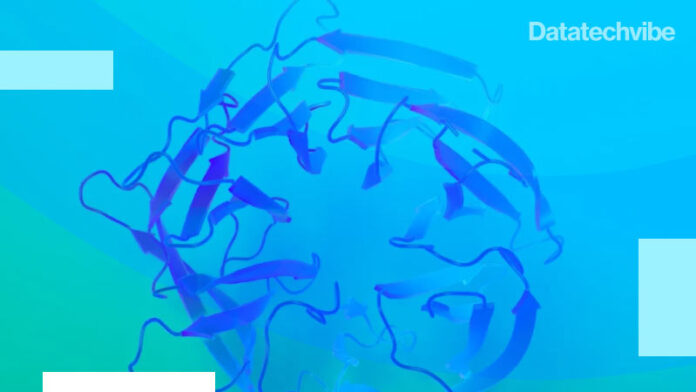Google DeepMind’s newly launched AlphaFold Server is a free platform that predicts how proteins interact with other molecules throughout the cell.
Google DeepMind and Isomorphic Labs have introduced AlphaFold 3, a new AI model that accurately predicts the structure of proteins, DNA, RNA, ligands, and more, further transforming the biological world and drug discovery. It is a free platform that scientists around the world can use for non-commercial research.
Céline Bouchoux, Principal Laboratory Research Scientist at The Francis Crick Institute, said, “With AlphaFold Server, it’s not only about predicting structures anymore, it’s about generously giving access: allowing researchers to ask daring questions and accelerate discoveries.”
Given an input list of molecules, AlphaFold 3 generates their joint 3D structure, revealing how they all fit together. It models large biomolecules such as proteins, DNA and RNA, as well as small molecules, also known as ligands — a category encompassing many drugs. Furthermore, AlphaFold 3 can model chemical modifications to these molecules which control the healthy functioning of cells, that when disrupted can lead to disease.
AlphaFold 3’s capabilities come from its next-generation architecture and training that now covers all of life’s molecules. At the core of the model is an improved version of our Evoformer module — a deep learning architecture that underpinned AlphaFold 2’s incredible performance. After processing the inputs, AlphaFold 3 assembles its predictions using a diffusion network, akin to those found in AI image generators. The diffusion process starts with a cloud of atoms, and over many steps converges on its final, most accurate molecular structure.
AlphaFold 3’s predictions of molecular interactions surpass the accuracy of all existing systems. As a single model that computes entire molecular complexes in a holistic way, it’s uniquely able to unify scientific insights.









